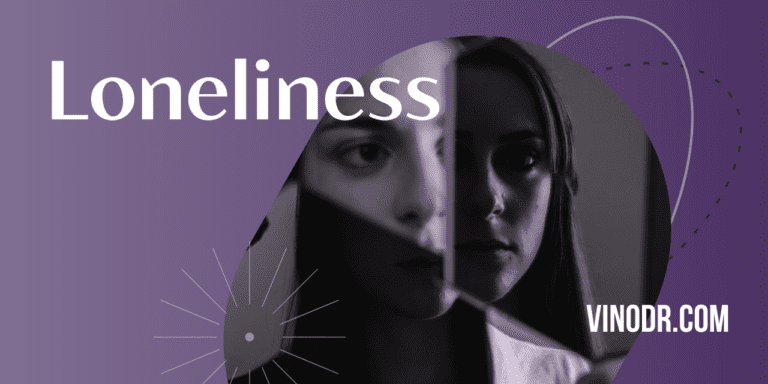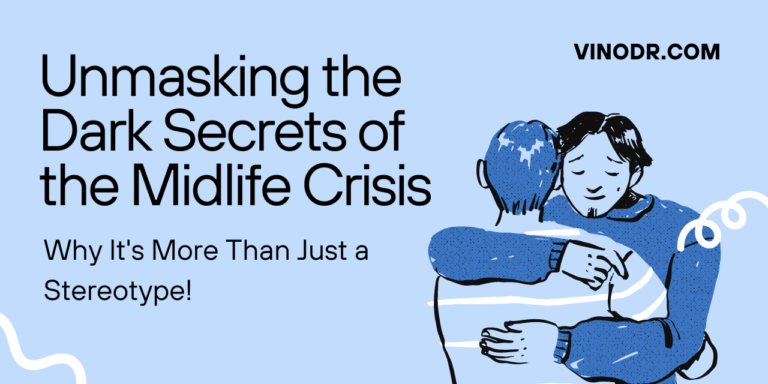Happiness
Unlocking the Secret to Lasting Happiness
How to Cultivate Joy and Fulfillment in Your Life.
Happiness
Happiness is a positive emotion that people experience when they feel satisfied, content, and joyful. It is a subjective feeling and can vary greatly from person to person.
What makes us Happy?
Achieving a goal: When we work hard towards a specific goal and finally achieve it, it can bring us a sense of accomplishment and satisfaction that leads to happiness.
Social connections: We are social creatures, and spending time with loved ones, having meaningful conversations, and feeling a sense of belonging can lead to feelings of happiness.
Pleasurable activities: Engaging in activities that bring us pleasure, such as hobbies, sports, or music, can increase feelings of happiness.
Helping others: Helping others can bring a sense of purpose and fulfillment, which can lead to happiness.
Positive thinking: Focusing on positive thoughts and experiences can improve our mood and lead to feelings of happiness.
Mindfulness and gratitude: Practicing mindfulness and gratitude can help us appreciate the present moment and be thankful for what we have, leading to greater happiness.
Positive relationships: Having positive relationships with others, such as friends, family, and romantic partners, can be a key factor in happiness.
Purpose and meaning: Finding a sense of purpose and meaning in life, whether through work, hobbies, or other pursuits, can contribute to a deeper sense of fulfillment and happiness.
Self-care: Taking care of oneself physically and mentally can lead to greater happiness and well-being.
Pursuing personal growth: Pursuing personal growth and learning can lead to greater happiness and a sense of accomplishment.
Happiness is a complex and multifaceted concept; what brings happiness to me may not bring happiness to you. It’s also not a constant state and can fluctuate over time depending on various factors in our life.
You mean feel quite happy and fulfilled when you had your first love, in your teens, but you will not find the same intensity of happiness when you fall in love at 30.
Money can’t buy Happiness – Can’t it?
Money can certainly provide temporary pleasure and convenience; it is unlikely to buy lasting happiness.
Research shows that once our basic needs are met, such as food, clothing, shelter, and safety, additional income has only a small impact on overall happiness. Studies have found that people who prioritize money and material possessions over relationships and experiences tend to be less happy and fulfilled in the long run.
This is not to mistake me for saying that money and financial stability are not important for well-being and happiness. Having money can certainly alleviate stress and provide a sense of security. Money gives us enormous freedom and control over our life. I love this quote so much that it motivates me.
Money can’t buy Happiness but it’s better to cry in a Mercedes than on a bicycle. – Unknown
The Biology of Happiness
When we experience happiness, there are several biological processes happening in our body.
Release of neurotransmitters: Happiness is associated with the release of neurotransmitters such as dopamine, serotonin, and endorphins, which can create feelings of pleasure, satisfaction, and well-being.
Activation of reward centers: Happiness can activate the brain’s reward centers, particularly the ventral striatum and the nucleus accumbens, which are involved in processing pleasurable stimuli and motivating behavior.
Lower levels of stress hormones: When we are happy, our body’s levels of stress hormones, such as cortisol, tend to decrease, which can help reduce feelings of anxiety and stress.
Improved immune function: Happiness has been linked to improved immune function, possibly due to the positive effects on stress levels and inflammation.
Increased heart health: Studies have shown that happiness can be associated with lower rates of cardiovascular disease, possibly due to reduced stress and improved immune function.
Happiness has been associated with a variety of positive health outcomes, and there are many biological processes that contribute to the feeling.
Faking Happiness
It is possible to fake happiness, at least in the short term. People can put on a happy face, smile, and act as though they are happy even if they do not genuinely feel that way. But why do we fake happiness?
Social expectations: Society often places pressure on us to appear happy and positive, even when we may be experiencing negative emotions or challenging circumstances. This can lead some of us to fake happiness in order to fit in and meet social expectations.
Avoiding conflict: We may fake happiness in order to avoid conflict or negative interactions with others. We may feel that expressing negative emotions could lead to confrontation or harm our relationships with others.
Coping mechanism: Faking happiness can also be a coping mechanism for dealing with difficult emotions or situations. It may provide temporary relief from stress or allow us to maintain a sense of control in our life.
Masking depression or other mental health issues: Individuals who are struggling with depression or other mental health issues may fake happiness in order to hide their symptoms from others. They may feel ashamed or afraid to share their struggles, and may believe that appearing happy is the only way to avoid judgment or stigma.
You should know that faking happiness in the long term can have negative effects on our mental and emotional well-being. Pretending to be happy can lead to feelings of inauthenticity, disconnection from one’s emotions, and even depression. It is healthier to acknowledge and process our true emotions rather than suppressing or denying them.
Striving for happiness at all times can be unrealistic and can lead to disappointment and stress for us. It is normal to experience a range of emotions, and accepting and processing them can lead to greater overall well-being. Faking happiness may provide temporary relief or benefit, but it is not a sustainable solution to addressing underlying issues or emotions.
Secret of Happiness
There is no one secret to being happy that will work for everyone, as happiness is a complex and subjective concept. But there are some general principles and practices that are often associated with happiness, such as those I listed above.
Striving for happiness at all times can be unrealistic and may even lead to stress and disappointment. Instead, we should focus on cultivating a sense of overall well-being and fulfillment in life, which may include aspects of happiness as well as other emotions.
What makes you happy?
Discovering what makes you happy can be a personal and introspective process that may take time and exploration of ourselves.
Reflect on past experiences: Think about your past experiences where you felt genuinely happy and fulfilled. What were you doing, and who were you with? Try to identify any common themes or activities that stood out.
Identify your values: Think about what is most important to you in life, such as relationships, personal growth, or community involvement. Identify activities or pursuits that align with these values.
Try new things: Be open to trying new activities or hobbies that you may not have considered before. This can help you discover new interests and passions.
Practice mindfulness: Engage in mindfulness practices such as meditation or journaling to help you better understand your thoughts and emotions.
Seek feedback: Ask friends or family members who know you well what they see as your strengths and what activities they have seen you enjoy in the past.
Discovering what makes you happy is a personal and ongoing process. It may take time and experimentation to find what truly brings you joy and fulfillment, and it may change over time as your values and priorities shift.
it is important to remember that true happiness and fulfillment often come from experiences, relationships, and a sense of purpose and meaning in life, rather than material possessions or wealth.
In order to understand this many of us need a lifetime, yet many die without knowing it. Be the one that knows it. As someone famously said
“The best way to find happiness is not to search for it, but to live in the present moment and appreciate what you have.” – Unknown
Trending Today
Happiness
Dream Interpretation – Unlocking the Mysteries of Your Dreams
Anger Management
Jealousy







